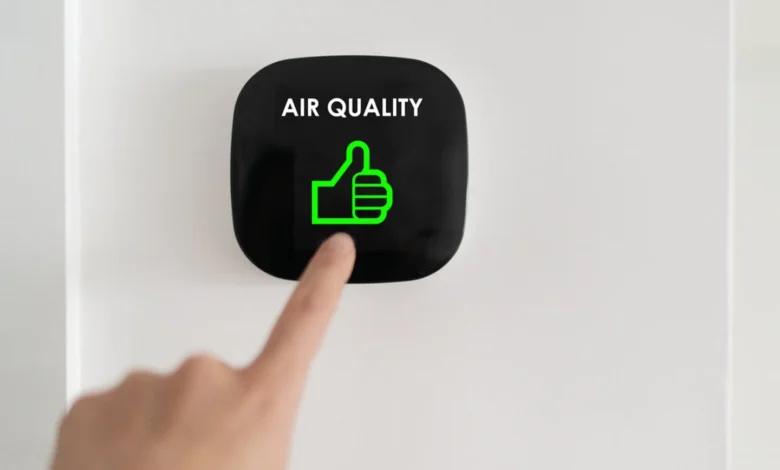How Climate Control Enhances Your Home’s Air Quality and Comfort

Creating a comfortable home environment goes beyond simply setting the thermostat. True comfort involves managing temperature, humidity, and air purity. Modern climate control systems are designed to do just that, working together to improve not only how your home feels but also the quality of the air you breathe. A well-managed indoor climate can lead to better health, improved sleep, and greater overall well-being.
Understanding how these systems function is the first step toward optimizing your home’s atmosphere. This guide explains how effective climate control enhances both comfort and air quality, giving you a healthier and more pleasant living space.
The Foundation of Comfort: Precise Temperature Regulation
Consistent temperature is the most noticeable aspect of climate control. A system that effectively maintains your desired temperature without wide fluctuations creates a stable and comfortable environment.
Eliminating Hot and Cold Spots
Advanced heating, ventilation, and air conditioning (HVAC) systems are designed to distribute conditioned air evenly throughout your home. This eliminates uncomfortable hot and cold spots, ensuring every room remains at a steady temperature. Proper circulation prevents stagnant air, making the entire house feel more pleasant, from the main living area to the bedrooms.
Enhancing Sleep Quality
Temperature plays a significant role in our ability to sleep well. An environment that is too hot or too cold can disrupt sleep cycles. By maintaining a consistent, cool temperature overnight, a reliable climate control system helps promote deeper, more restorative sleep. This consistency allows your body to relax without having to adjust to changing conditions.
Beyond Temperature: Managing Humidity
Humidity control is a critical but often overlooked component of indoor comfort and air quality. The amount of moisture in the air affects how you perceive temperature and can impact your health.
Reducing Discomfort
High humidity can make a room feel warmer and stickier than it actually is, while low humidity can lead to dry skin, scratchy throats, and static electricity. Modern climate control systems often include dehumidifiers or humidifiers that work to maintain an optimal relative humidity level, typically between 30% and 50%. This balance makes the air feel more comfortable regardless of the season.
Preventing Mold and Mildew Growth
Excess moisture creates a breeding ground for mold, mildew, and other biological contaminants. These can trigger allergies, asthma, and other respiratory issues. By controlling humidity, your climate control system helps protect your home and your health from these harmful growths.
The Key to Health: Advanced Air Filtration
Perhaps the most important health benefit of a modern climate control system is its ability to clean the air you breathe. Indoor air can be more polluted than outdoor air, containing dust, pollen, pet dander, and other allergens.
Capturing Airborne Particles
HVAC systems pull air through filters to trap these microscopic particles before circulating the air back into your home. High-efficiency particulate air (HEPA) filters are particularly effective, capturing 99.97% of particles as small as 0.3 microns. This process significantly reduces allergens and irritants, providing relief for those with respiratory conditions.
Removing Odors and VOCs
Some advanced filtration systems also incorporate activated carbon filters that can absorb volatile organic compounds (VOCs) and unwanted odors. VOCs are harmful chemicals emitted from household products like paints, cleaning supplies, and furniture. Removing them creates a fresher and healthier indoor environment. Regular upkeep, like scheduling annual heat pump maintenance in Park City, ensures these systems operate at peak efficiency, keeping your air clean year-round.
By integrating temperature regulation, humidity control, and air filtration, modern climate control systems do more than just heat and cool your home. They create a carefully managed environment that promotes health, comfort, and peace of mind. Investing in and maintaining a quality system is an investment in your family’s well-being.




